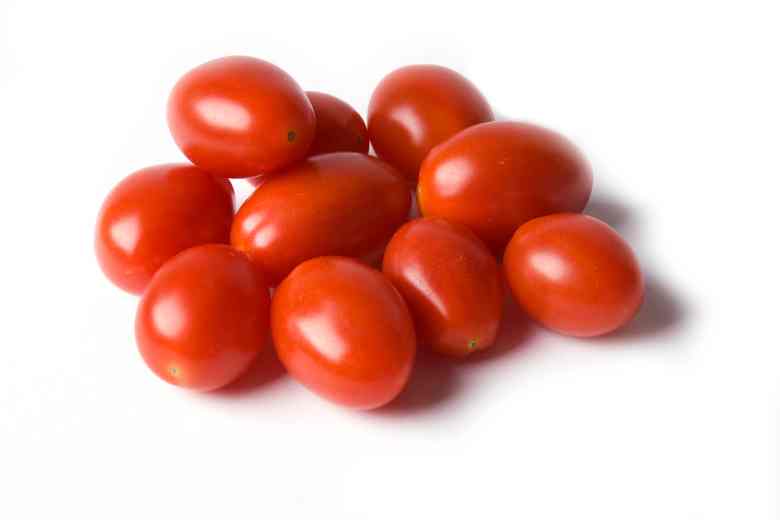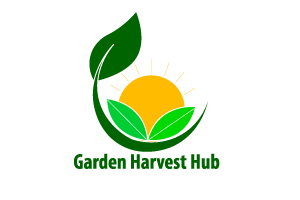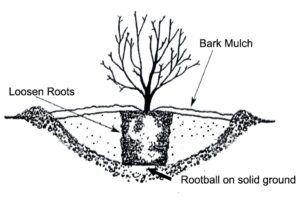
Tomatoes are a popular and nutritious vegetable. However, sometimes gardeners find that their tomatoes are much smaller than expected. This can be disappointing and frustrating, as the size of the tomatoes is often a key factor in deciding when to harvest them.
There are several possible reasons why your tomatoes may be so small. These can range from environmental factors, such as too little water or too much fertilizer, to pests or diseases. It is important to identify the cause of the small tomatoes before attempting to fix the problem.
Causes of Small Tomatoes
When it comes to growing tomatoes, there are many factors that can affect their size. The most common cause of small tomatoes is inadequate soil nutrients. Tomatoes require ample amounts of nitrogen, phosphorus, and potassium to produce large, healthy fruits.
If the soil is lacking in these essential elements, the tomatoes will be small. Additionally, irregular watering can lead to stunted growth and small tomatoes. Tomatoes require consistent moisture to thrive; allowing the soil to dry out for too long or overwatering can both lead to small tomatoes.
Finally, environmental stressors, such as extreme temperatures or pests, can cause tomatoes to remain small.
With the right soil nutrients, consistent watering, and protection from environmental stressors, you can ensure your tomatoes grow to their full potential!
Soil Quality
Soil Quality is an important factor in the health and productivity of our planet. It is the foundation of our food production and the basis for our ecosystems.
It is a complex blend of physical, chemical, and biological components that support a range of plant and animal life.
Quality soil is essential for sustainable agricultural production, healthy ecosystems, and a thriving environment. Poor soil quality can create soil erosion, reduce crop yields, and emit harmful toxins.
It is essential to monitor and maintain soil quality to ensure the health of our land and our communities. With careful management, we can ensure healthy soil quality and a sustainable future.
Plant Nutrient Requirements
Plant nutrient requirements are essential for healthy and thriving plants. Plants need a variety of different nutrients to survive, including nitrogen, phosphorus, potassium, calcium, and magnesium.
These nutrients are found in soil, water, and air, but may not always be present in the right ratios for optimal plant growth. Knowing the specific nutrient requirements of your plants is essential for providing them with the nutrients they need to thrive.
Different plants may have different nutrient requirements, so it is important to conduct research and understand the needs of your plants before providing them with the nutrients they need.
Plant nutrient requirements are important for providing the right balance of nutrients for healthy growth and growth potential.
Weather Conditions
Weather conditions refer to the atmospheric conditions of a particular area over a period of time. Weather conditions can include temperature, humidity, air pressure, wind, and precipitation.
Weather conditions play an important role in the environment, as they can influence the growth of plants or even the behavior of certain animals.
Moreover, they can also affect the activities of humans, as different activities can be more comfortable or enjoyable when the weather is more favorable.
Therefore, being aware of the weather conditions is essential to make sure you plan your activities according to the most suitable weather.
Pest Management
Pest Management is the practice of controlling and managing pest populations in an environment. This includes using preventative measures such as sealing cracks and crevices, properly disposing of waste, and keeping the environment clean.
Additionally, it involves using chemical and biological control agents to limit the population of pests.
With a comprehensive approach to pest management, you can not only keep pests away, but also reduce the risk of potential damage to your property or health.
Ways to Increase Tomato Size
Tomatoes are one of the most popular vegetables around the world. They’re an easy addition to a variety of dishes and provide a host of health benefits.
But, sometimes, you may be looking for larger tomatoes. If you’re looking for ways to increase the size of your tomatoes, there are a few tips you can try.
First, try planting a variety of tomato that is bred for size. Additionally, you can fertilize your tomatoes regularly to promote growth and avoid overcrowding your plants. You can also ensure your tomatoes get enough water and sunlight for optimal growth.
Finally, pruning off excess foliage from the tomato plant can help the tomatoes reach their maximum size. With some patience and dedication, you can easily grow larger tomatoes in your own garden.
FAQs About the Why Are My Tomatoes So Small
What can I do to make my tomatoes larger?
Answer: Tomatoes need adequate water, sunlight and nutrients to grow to their full size. Make sure to keep your tomato plants well-irrigated and fertilized, and that they are getting at least 6 hours of direct sunlight per day.
Could it be the type of tomato plant I’m growing?
Answer: Yes, some tomato varieties are naturally smaller than others. If you want larger tomatoes, try growing larger varieties such as “Beefsteak” or “Roma”.
Could something be wrong with my soil?
Answer: Yes, poor soil quality can be a factor in small tomato size. Make sure your soil is well-drained and rich in nutrients. If needed, you can add compost or fertilizer to help increase the nutrient value of the soil.
Conclusion
Tomatoes can be small for a variety of reasons, including inadequate sunlight, poor soil fertility, improper pruning, and too much or too little water. Understanding the cause of small tomatoes and addressing the issue accordingly is essential for growing large tomatoes. By providing your plants with the right environment, you can ensure that your tomatoes will reach their full size and maturity.






